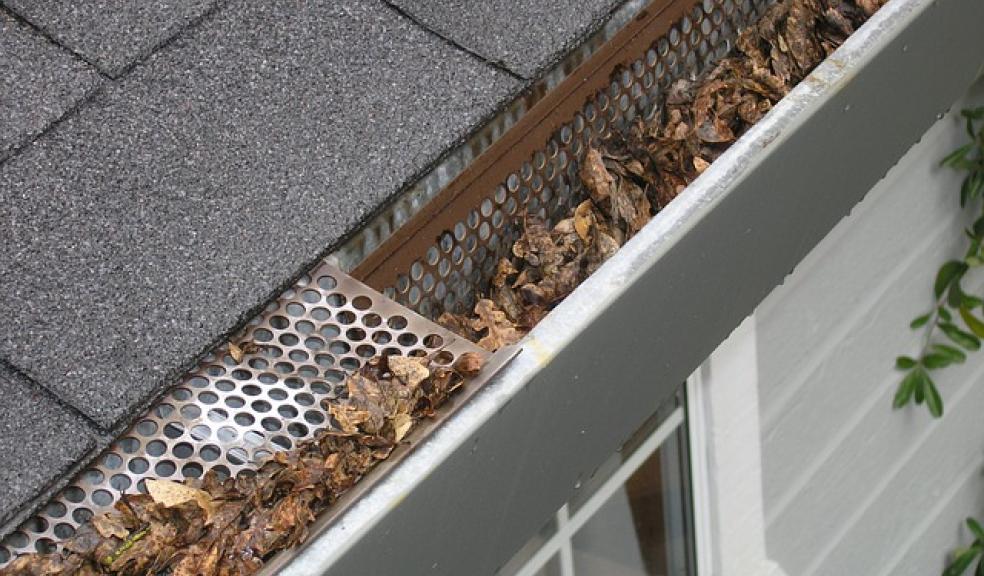
9 Ways To Get Your Home Ready For Winter
Now that the winter really is starting to set in, and many of us will have been bringing our thicker coats out of storage and searching for our winter boots, there may be one thing that has been forgotten. Is your home ready for winter? Although it may not seem like it, there are many different tasks that need to be completed to ensure that your home is going to be cosy and comfortable through the winter months, and if you don’t prepare for the colder weather at the start, you might run into problems later on.
Boiler Service
Even if we haven’t had the best of summers, it’s unlikely that you will have used your heating that much over that time. It could have been months since you last turned up the thermostat, and in that time anything can have happened to your boiler without you knowing it. Whether new or old, problems can occur, and those problems can mean that when you do need your heating on because winter has arrived when you come to use it, it just doesn’t work.
To prevent this from happening, and to make sure that your boiler is completely safe, organise a boiler service before the cold weather really sets in. You should do this annually as this way you will always know that your boiler is working as it should do.
Chimney Swept
Not everyone has an open fire or wood burner in their homes, but if you do then before you start lighting it, your chimney needs to be swept. There could be all kinds of debris that has fallen into the chimney over the summer, and if it is blocked in any way, it could be a major fire hazard. A warming real fire is a wonderful thing, and something that, if you have one, you are certainly going to want to use, so ensuring that it is safe to do so is all important.
Fuel
Although the majority of people will be using standard gas to heat their homes, that’s not true of everyone, and some who live in more rural areas, for example, might be using oil or LPG gas to make their homes warm and cosy. If this is the case, check your fuel levels before it gets chilly and if you need to organise a delivery get in touch with your supplier. The last thing you want to do is run out of fuel when you need it the most. Plus, if you order before demand sets in, the prices are likely to be lower.
When you’re checking your fuel levels, you should also check the condition of the tank. By their nature, gas and oil tanks need to be kept outside, so they can become worn or damaged. You can read more here about making sure they are completely ready to see you through the winter.
Check Your Windows And Doors
Heat loss can occur when your windows and doors aren’t functioning properly, and the warm air is literally leaking out of your home through them. There needs to be a good seal around all windows and doors that lead to the outside to stop this from happening. If the seal is worn and damaged, old, or simply not fitting correctly, you will need to replace it. It’s a small cost and compared to how much you’ll be paying to heat your home when much of that heat is escaping, it makes financial sense to get this task done sooner rather than later.
Clean Your Gutters
Your gutters can’t usually be seen when you’re looking at your property, and that can be a problem because it means you have no idea what could really be up there. Debris including leaves, sticks, dirt, and all kinds of other natural ‘rubbish’ could easily have built up in your gutters, especially if the summer was a particularly dry one and not much rain has fallen to wash the build up away.
You should inspect your gutters to check that they are not blocked; a blocked gutter can mean that rain and even snow if and when it comes can’t drain away effectively. This could result in leaks within your home. Steel guttering is one of the most cost effective typse to go for if any areas need replacing. When you’re checking your gutters also check the downspouts to make sure they are pointing away from your home and not towards it.
Check Your Roof
When you’re looking at your gutters to make sure they are not blocked, you can also take a better look at your roof. If there are any damaged, loose, or missing tiles or shingles, these will need to be fixed or entirely replaced before the bad weather comes. If not, the rain and snow will leak directly into your home, and on top of that your heating will leak directly out of it. Not checking and fixing your roof can lead to untold damage and high energy bills, so it is always worth checking out.
Turn Off The Outside Tap
If you have an outside tap, it should be shut off and disconnected from the hose. Drain any remaining water in it, and leave it alone until the spring comes round again. If it isn’t disconnected, the water inside the pipes can freeze because they are directly in contact with the worst of the elements, and that can lead to burst pipes and huge amounts of water damage.
Insulate Pipes
Relating to the above point, if there are any pipes that cannot or should not be disconnected, yet they are at risk of freezing, it is time to put insulation around them. Again, this is not a costly job, and it won’t take long, but it could save you a lot of problems further down the line.
Tidy The Garden
Just before the winter really sets in, tidy up your garden one last time. Most of the plants and shrubs you have there will stop growing over the winter, so you won’t have to keep on top of things as you do when it’s warmer, so this last tidy round should be enough to see you through until spring, and it will mean that when spring does come, there will be less work to do in the garden on that first round of gardening.












